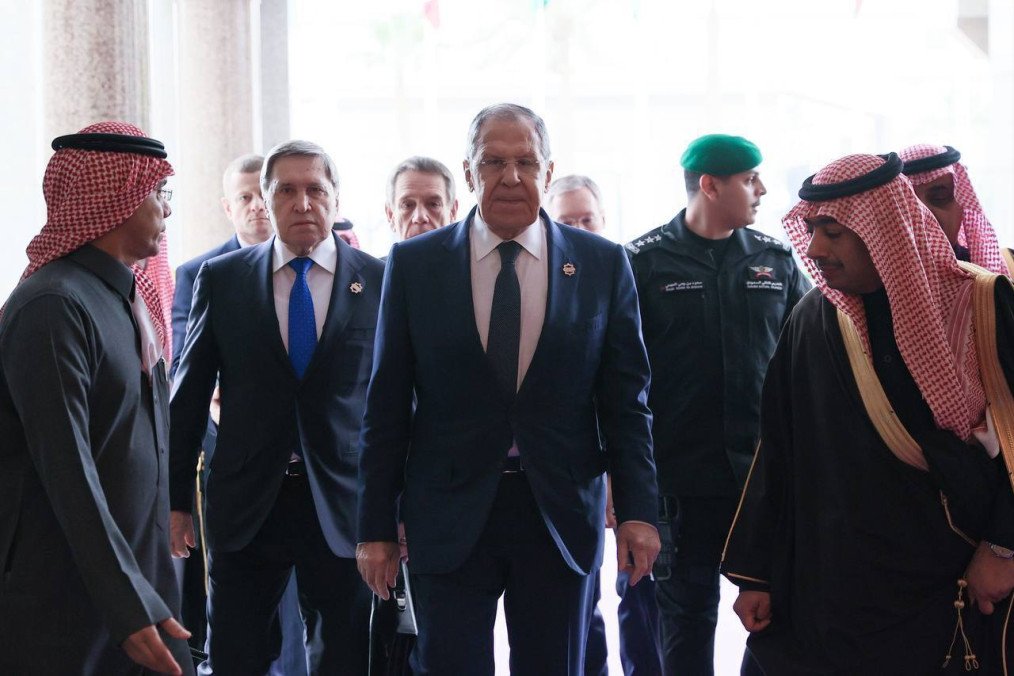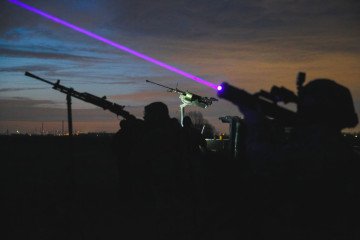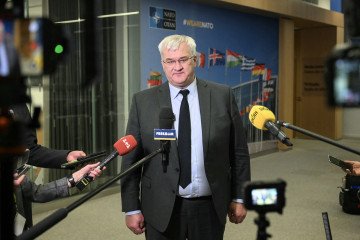- Category
- Latest news
Le Monde: How Europe’s Ceasefire Deals With Putin Have Led to Painful Consequences

In an opinion piece published in Le Monde on February 19, columnist Sylvie Kauffmann underscores the difficult history Europeans have had in negotiating ceasefires with Vladimir Putin, noting that previous discussions often resulted in concessions to Russia rather than securing a lasting peace.
After the first round of U.S.-Russia talks in Saudi Arabia, it’s clear Trump is pushing for a ceasefire without a plan for lasting peace. While promising to “stop the massacre” in Ukraine, he offers no strategy to prevent future aggression.
European officials worry that a U.S.-Russia ceasefire deal will change little and leave Ukraine to bear the consequences. These concerns grew after the four-hour talks, where Russia called the discussions “positive and constructive.”
Le Monde points out the current situation echoes past ceasefire agreements with Russia, such as the 2008 ceasefire brokered by then-French President Nicolas Sarkozy following Russia’s invasion of Georgia. Moscow imposed its own terms, and Russia never fully withdrew, with Georgia’s breakaway regions remaining under Kremlin control to this day.
Another example are the Minsk agreements (2014-2021), led by Germany and France, which were meant to resolve the war in the Donbas. The first ceasefire collapsed within days.
The February 2015 Minsk agreement, signed under pressure as Ukraine’s forces were losing ground, ultimately favored Russia and failed to prevent the 2022 invasion.
While Trump’s team believes it can negotiate a better deal, doubts remain about whether the U.S. can outmaneuver Russia, which has long used ceasefires to consolidate gains.
For Kauffmann, the phrase from the U.S. State Department’s summary of the Riyadh talks, “We agreed to establish a consultation mechanism to address irritants to our bilateral relationship,” is particularly concerning, especially if Ukraine is seen as an “irritant.”
Earlier, Ukrainian President Volodymyr Zelenskyy stated that a ceasefire is not a victory, emphasizing that Ukraine will not legally relinquish its territories or sign agreements “for the sake of applause.”
-554f0711f15a880af68b2550a739eee4.jpg)

-72b63a4e0c8c475ad81fe3eed3f63729.jpeg)

-111f0e5095e02c02446ffed57bfb0ab1.jpeg)


-c439b7bd9030ecf9d5a4287dc361ba31.jpg)